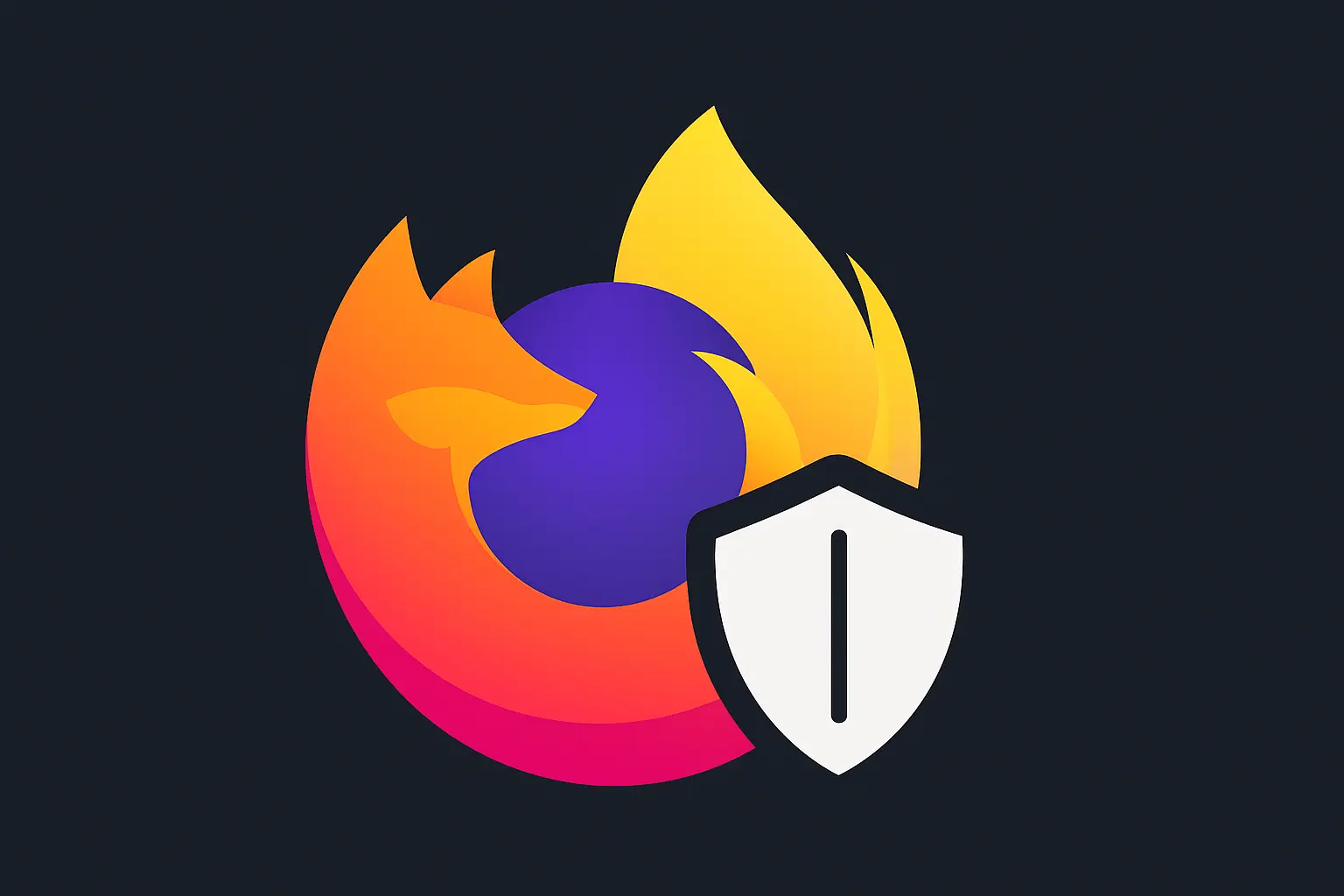Why I Still Choose Firefox Over Chrome in 2025

Most people don’t think about their browser. They install Chrome because it’s what they’ve always used or because it came with their laptop. But if you take a closer look, not all browsers are built the same. And in 2025, I still use Firefox.
Here’s why.
1. Firefox Doesn’t Treat You Like a Product
Chrome is owned by Google. Google’s business is ads. That’s not a secret. Every click, every site visit, every search you do on Google wants to know it all. The more it knows, the more it earns.
Firefox, on the other hand, is built by Mozilla. A nonprofit that doesn’t rely on ad revenue. Firefox doesn’t track your activity or sell your data.
There are no hidden agendas. You browse. It stays out of your way.
For anyone who cares even a little about privacy, that’s a big deal.
2. You’re Not Stuck With Chrome’s Decisions
Ever notice how Chrome keeps changing things you didn’t ask for? New features appear. Menus move. Extensions break.
That’s because Google controls not just Chrome, but the Chromium engine underneath it. Most browsers like Edge, Opera, and Brave run on Chromium. When Google makes a change, everyone else has to follow.
Firefox doesn’t. It runs on its engine, Gecko. That means Firefox can make its own decisions, and so can you.
3. Extensions Work the Way They Should
Google’s move to Manifest V3 changed how Chrome extensions work. Some popular tools, especially ones that block ads or trackers lost features or stopped working entirely.
Firefox didn’t follow. Most extensions still work as they always have. Privacy tools like uBlock Origin and NoScript run without limitations.
If you rely on extensions for security or customization, Firefox gives you more power, not less.
4. You Can Actually Tweak Firefox
Firefox gives you real control. Not surface-level options. Actual browser settings under the hood.
Type about:config into the address bar, and you’ll see what I mean. You can fine-tune everything from how tabs behave to how pages load.
It’s not for everyone. But if you like control, Firefox gives it to you.
5. It Runs Lighter Than You Think
Chrome has a reputation: fast, clean, reliable. But that was 10 years ago. Today, Chrome is heavy. Open a few tabs, and it starts eating RAM. Add a few extensions, and it slows down even more.
Firefox has improved its performance with each release. It’s efficient, stable, and often uses less memory than Chrome in real-world tests. On older machines or low-power laptops, that difference matters.
You don’t need to sacrifice speed for independence.
6. It’s Built for the Open Web
Firefox is open-source. You can inspect the code. You can modify it. You can trust that thousands of developers have already done the same.
Why does that matter? Because it means Firefox isn’t hiding anything. There’s no hidden tracking. No mysterious data collection. It’s all there, out in the open.
This isn’t just about trust. It’s about supporting a web that stays open, not owned by a single company.
7. It Just Feels Right
This one’s personal. Firefox feels like a browser, not a platform. It opens pages, manages tabs, remembers passwords, and then steps aside.
There’s no forced integration with email or shopping or news feeds. No popups reminding me to log in with a Google account. No distractions. Just the web, the way it should be.
If you’re someone who works online, builds websites, or just values a clean experience, Firefox delivers.
The Bottom Line: Firefox Still Deserves a Spot in 2025
I’m not here to convince you to uninstall Chrome today. But I do think Firefox deserves a second look, especially in a time when most of us barely question what runs our web.
It’s fast. It’s private. It respects your choices. And it’s not part of the same engine powering every other browser.
That’s rare. And worth keeping.
